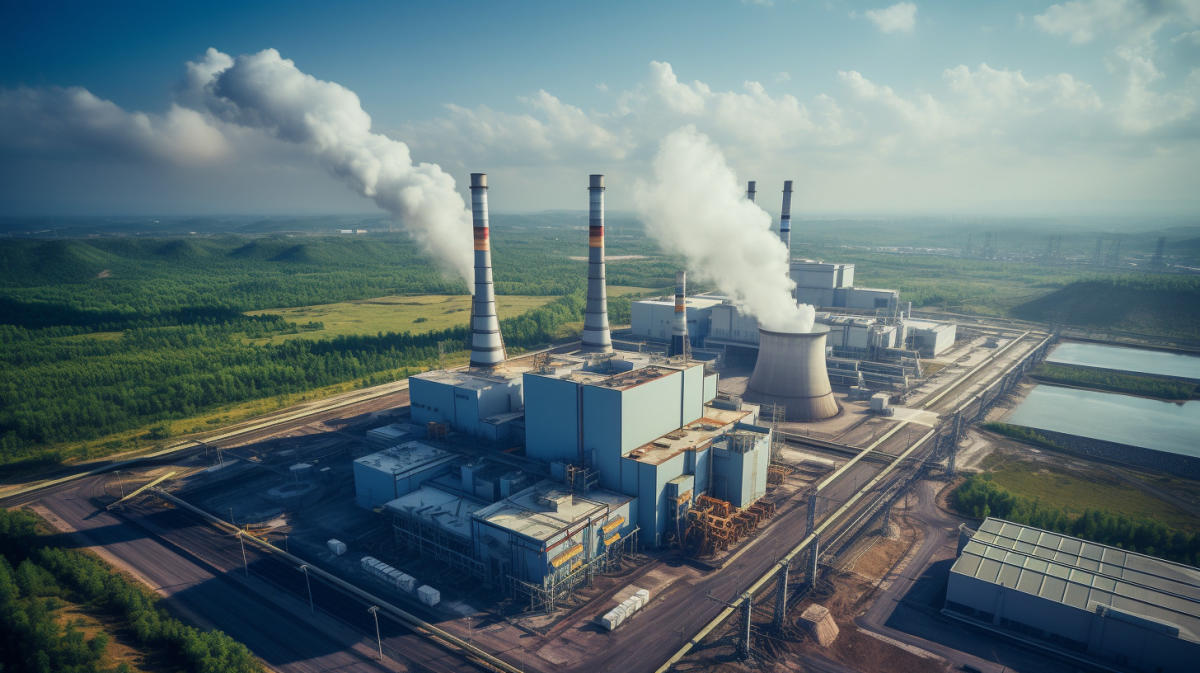Navigating the Global Hydrogen Market: Challenges and Opportunities in 2025
Key Ideas
- Hydrogen, produced from renewable sources, is poised to revolutionize heavy industry and transportation by offering a sustainable alternative to fossil fuels.
- The global hydrogen market, valued at $148 billion in 2023, is projected to grow to $259 billion by 2033, with a substantial CAGR of 5.75%.
- Despite facing challenges, hydrogen's potential is vast, with predictions indicating a significant expansion in hydrogen supply by 2030 and a potential increase in hydrogen-powered zero-emission vehicles and trucks in the coming decades.
- While the U.S. is well-positioned in the hydrogen race due to mature projects and supportive policies, uncertainties loom with potential changes in federal support under the new administration, impacting the industry's competitiveness against traditional fossil fuels.
The article delves into the transformative potential of hydrogen and fuel cell technology in revolutionizing heavy industry and transportation towards a cleaner, more sustainable future. Highlighting the significance of hydrogen produced from renewable sources, it emphasizes the role of hydrogen in decarbonizing operations that cannot be fully addressed by electricity alone. With the global hydrogen market set for significant growth, reaching $259 billion by 2033, hydrogen is seen as a versatile option for generating heat and powering vehicles, offering a cleaner alternative to petrol and diesel.
While the potential for hydrogen adoption is immense, challenges persist. The article references a 2024 report by IDTechEx indicating only a small fraction of zero-emission vehicles are projected to run on hydrogen in the next two decades. However, optimistic projections suggest a potential rise in hydrogen-powered ZEV trucks by 2044, contingent upon market expansion and supportive government policies.
The United States emerges as a key player in the global hydrogen market, backed by mature projects and favorable tax policies. Yet, uncertainties loom with potential changes in federal support under the new administration, which could impact the industry's competitiveness against cheaper fossil fuel alternatives. Despite the challenges, industry experts remain optimistic about hydrogen's long-term economic and environmental value.
The article concludes by outlining the current state of hydrogen adoption, citing the International Energy Agency's Global Hydrogen Review 2024. The report indicates slow policy implementation in crucial sectors, with the majority of global hydrogen demand still concentrated in traditional applications. While there has been growth in new applications crucial for the energy transition, challenges in effective policy implementation persist. Overall, the article paints a picture of a promising yet evolving landscape for hydrogen in the global energy transition.
Topics
Power
Renewable Energy
Government Policies
Decarbonization
Global Energy Transition
Fuel Cell Stocks
Hydrogen Market Growth
Latest News
